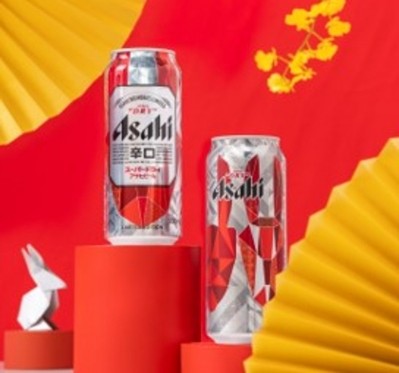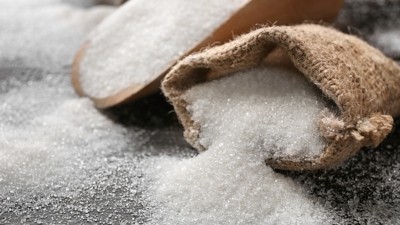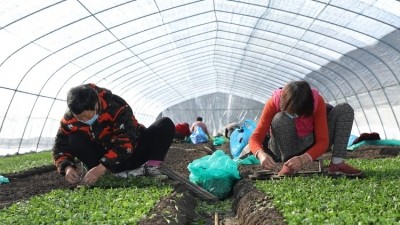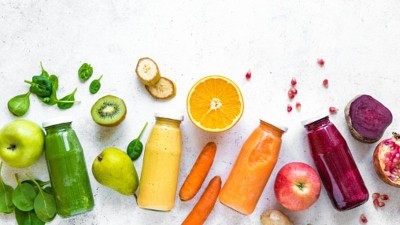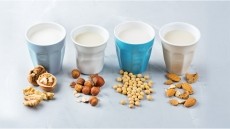‘No need for regressive taxes’: Major Australian beverage brands make further sugar reduction pledges
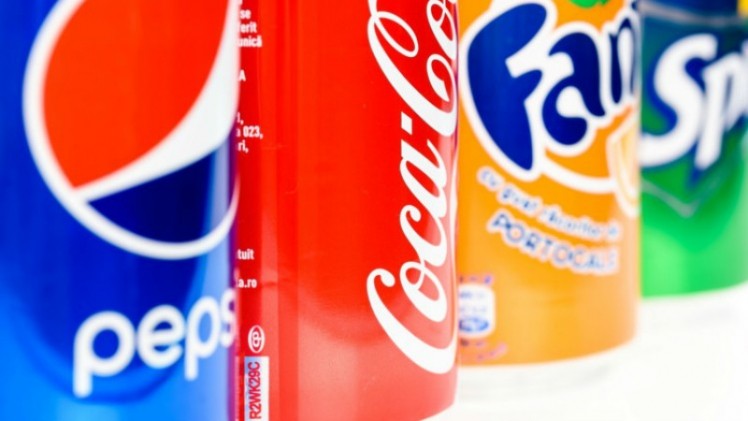
The Australian beverage industry pledged to reduce the sugar content within non-alcoholic beverage portfolios back in 2018, an initiative led by the Australian Beverages Council Ltd (ABCL).
The target commitment set back then was a reduction of 20% between 2015 to 2025 – but some of the biggest firms in the industry have now decided to upgrade this by a further 5% to a 25% reduction in sugar by 2025, which would demonstrate the efficacy of these industry-led initiative.
“Our Sugar Reduction Pledge signatories are accelerating their sugar reduction target not only because it’s the right thing to do, but also because they’re ahead on their current sugar reduction targets,” ABCL Chief Executive Officer Geoff Parker told FoodNavigator-Asia on behalf of the beverage industry.
“Companies have responded to Australian consumers’ demands for less sugar in their drinks and more beverage options [to be made available], and this sugar reduction is being driven by a range of initiatives including reformulation, smaller pack sizes, and pledgees investing in more low and no sugar products to meet growing consumer demand.
“[This shows that there is no need for] discriminatory and regressive taxes, which are a last century fix to a complex and contemporary problem which will only raise the cost of the weekly shop for households that can least afford it.”
The major beverage MNCs that have agreed to upgrade their targets are Asahi, Coca-Cola South Pacific, Coca-Cola Europacific Partners and PepsiCo. Coca-Cola Europacific Partners (formerly Amatil) and Asahi alone make up some 55.2% of the local soft drink industry, so all together these firms make up very significant market share.
If it works, it works
Sugar taxation is a sugar reduction mechanism that the World Health Organisation (WHO) has been recommending governments to implement for several years in order to address public health issues such as Type II diabetes, obesity and tooth decay.
Local food and beverage industries all over the world have been attempting to make a stand against such taxation, with the pushback in Australia being amongst the most fervent, leading to the organisation of the sugar reduction pledge by the beverage industry.
To further gather the data to prove that taxation is not necessary for significant sugar reduction, progress on the pledge is independently assessed and analysed by third party auditing firm KPMG, with progress reports announced every few years.
According to the firm’s latest report, a sugar reduction of 16% has been achieved between 2015 and 2021, which placed the earlier 20% target by 2025 well within reach and providing the beverage sector with the push needed to bump up their target.
“The 2015 baseline sugar content of drinks sold by the Pledge signatories was 6.02g/100mL, and this sugar content in drinks sold for the year ended 1 January 2021 to 31 December 2021 was 5.05g/100mL – meaning that a 16.1% reduction in sugar per 100mL has occurred,” the analysts said via the most recent Sugar Reduction Pledge report.
“The most frequently-used initiatives have been found to be the increase in sales of low-and-no-sugar varieties, the introduction of additional low-and-no-sugar varieties into the market, additional marketing and promotion of low-and-no-sugar varieties to encourage sales, and the reformulation of existing beverages.
“Additionally, total sales volumes have not been negatively impacted [and instead] increased by 1.9% compared to 2020, which was also boosted by the easing of COVID-19 restrictions.
“Low-and-no-sugar beverages have seen a sales volume growth of 6.9% between 2020 and 2021, whereas high sugar beverages have shrunk in sales by -0.3% [indicating that] consumer purchasing habits are shifting.”
In response to incessant calls for the implementation of a sugar tax, Parker cited these results as evidence of the pledge’s efficacy, stressing that this means a sugar tax is not required.
“The evidence demonstrates people are drinking less sugar-sweetened beverages [without putting] even more pressure on households grappling with the soaring cost of living, [and] corroborates the results of previous Australian Health Surveys showing significant decreases in sugar-sweetened drinks consumption in favour of drinks with no and low sugar including water,” he said.
“[It is] 2022 and we need smarter, real-world evidence-based solutions to multi-factorial problems like obesity rather than a last-century tax.”
